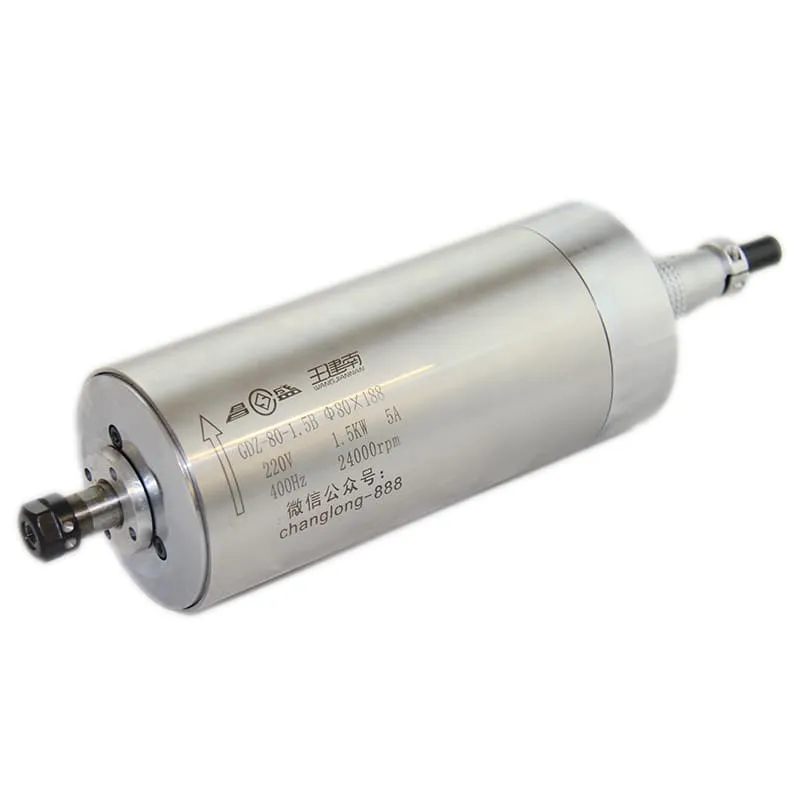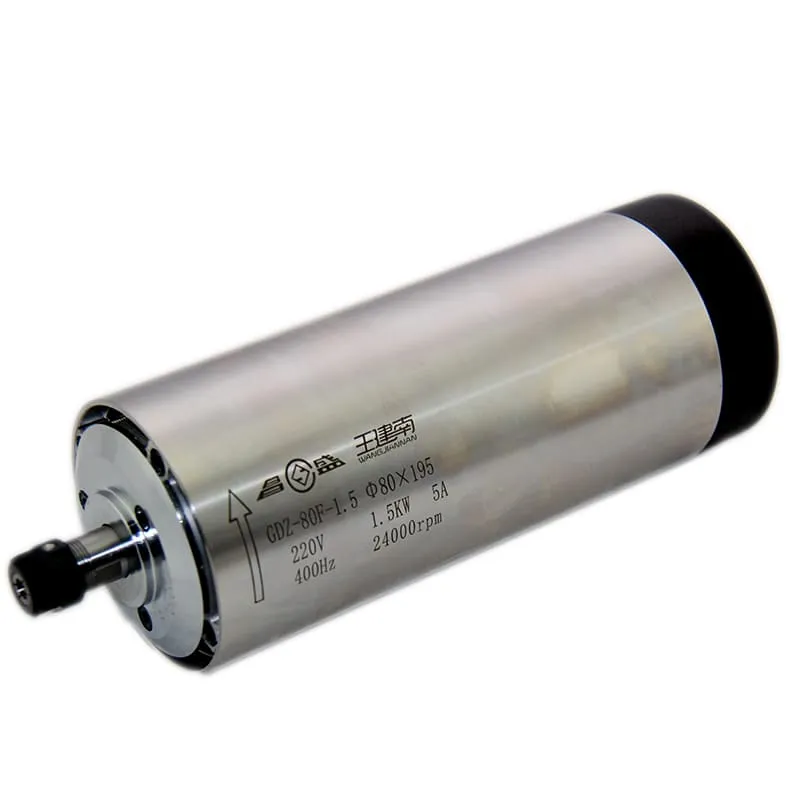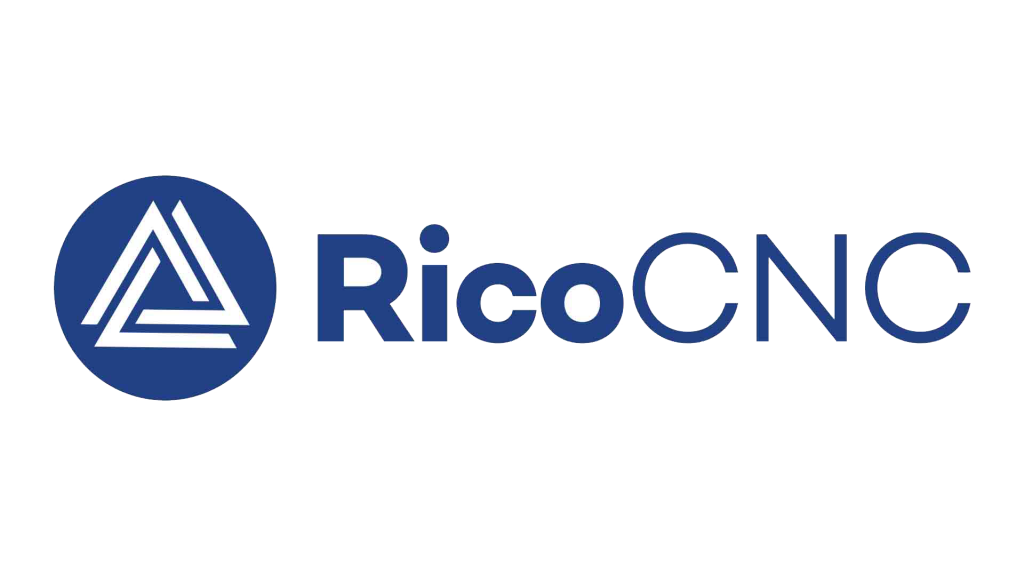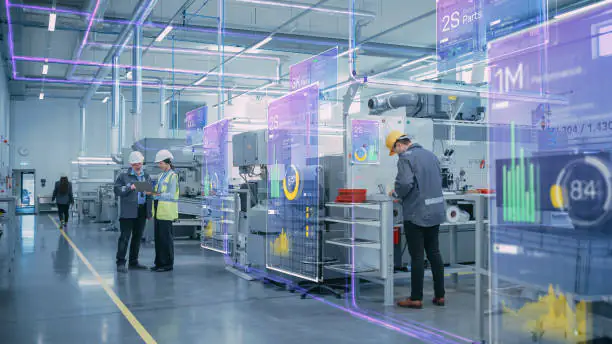Starting a CNC business can be an exciting venture, whether you’re a seasoned machinist or someone with a passion for computer-aided manufacturing. This guide will walk you through the essentials of launching a CNC business, from the initial planning to acquiring equipment and marketing your services. By the end of this article, you’ll have a better understanding of what it takes to succeed in the CNC industry.
Why Start a CNC Business?
CNC (Computer Numerical Control) machining has transformed manufacturing by allowing the production of precision parts at scale. The demand for custom parts, prototyping, and small-batch production is growing, creating ample opportunities for entrepreneurs to step into the CNC business. Here are some of the main advantages:
- High Demand: CNC businesses cater to a wide array of industries such as automotive, aerospace, and consumer goods.
- Precision and Efficiency: CNC machines offer unparalleled accuracy and repeatability, ensuring high-quality products.
- Scalable: Once established, CNC businesses can easily scale to meet growing demand.
For more information on CNC spindle motors and their role in achieving high-quality machining, visit our CNC Spindle Motors page.
Developing a CNC Business Plan
A successful CNC business starts with a solid business plan. This serves as your roadmap, helping you outline objectives, identify opportunities, and foresee challenges.
Key Elements of a CNC Business Plan
- Market Research: Understand your local market—who are your competitors, and what do potential customers need? Identify gaps you can fill.
- Target Audience: Who are you targeting? It could be other businesses that require parts, the aerospace sector, or even small shops in need of custom components.
- Business Model: Decide whether you’ll focus on custom prototyping, batch production, or even repair services. Each has its own demands and pricing models.
- Startup Costs: CNC machines can be expensive. Budget for machinery, tools, software, maintenance, and labor. Consider getting a high-quality CNC spindle to ensure reliability in your production.
Tip: Research thoroughly to ensure you choose the right type of CNC machine for your target market. Whether it’s milling, turning, or a CNC router, each has its own advantages and suitable markets.
Choosing the Right CNC Machine
Your choice of machine can make or break your business. CNC machines vary greatly in terms of capability, cost, and precision. Let’s dive into how you can select the perfect equipment.
Types of CNC Machines
- CNC Milling Machines: Used to create complex parts with high precision.
- CNC Routers: Ideal for wood, plastic, and soft metals. These are often used by small businesses focusing on furniture or sign-making.
- CNC Lathes: Best for parts requiring symmetrical cuts, like cylindrical components.
Key Considerations
- Material: Determine the types of materials you plan to work with—wood, metal, plastic—as different machines have varying capabilities.
- Spindle Selection: The spindle motor is critical for achieving the desired results. For high RPM requirements, consider using a 60000RPM Water-Cooled Spindle.
- Machine Size: Ensure your machine fits comfortably in your workshop while leaving room for workflow efficiency.

Setting Up Your CNC Workshop
Once you’ve chosen the right CNC machine, it’s time to set up your workshop. Creating an efficient workspace is crucial for productivity and safety.
Essential Workshop Components
- Proper Ventilation: CNC machining generates dust, especially when cutting wood or plastic. Use a shop vac or dust collector to keep the workspace clean.
- Tool Storage: Having your tools organized is essential. Use labeled drawers and tool racks for bits, clamps, and other accessories.
- Worktable: Install a sturdy worktable where you can place raw materials before feeding them into the CNC machine.
- Software Station: A computer workstation is needed to run CAD/CAM software like Fusion 360 or SolidWorks. Ensure you have sufficient power and reliability.
Quote: “An organized workspace not only boosts productivity but also keeps your CNC equipment in optimal condition.” – Workshop Consultant, Mark Stanley
Software for CNC Businesses
The backbone of any CNC operation is its software. From designing to controlling the CNC machine, the software you choose will affect efficiency, cost, and product quality.
Essential Software for CNC Businesses
- CAD (Computer-Aided Design): Programs like AutoCAD and SolidWorks are used to create part designs.
- CAM (Computer-Aided Manufacturing): This converts CAD files into G-code that CNC machines can interpret. Fusion 360 is popular for both CAD and CAM.
- Control Software: Software like Mach3 or GRBL helps control the actual operations of the machine.
Choosing the right software is key to ensuring that you can handle complex designs and streamline production.
Sourcing Materials for Your CNC Projects
An important part of running a CNC business is sourcing quality materials at reasonable prices. The materials you choose will depend largely on your target audience and type of work.
Common Materials Used in CNC Projects
- Wood: Hardwood (like oak and maple) and softwood (like pine) are frequently used by CNC router businesses.
- Metal: Aluminum is often used in machining due to its versatility. Steel is suitable for heavy-duty applications.
- Plastics: Acrylic and PVC are popular for signage and decorative purposes.
Note: Keep an inventory of frequently used materials to reduce downtime. Establish relationships with local suppliers to ensure a constant supply.
Marketing Your CNC Business
No matter how skilled you are, your CNC business won’t succeed unless you market it effectively. Reaching potential customers through the right channels can set your business apart from competitors.
Effective Marketing Strategies
- Online Presence: Create a professional website showcasing your services, capabilities, and past projects. Include relevant keywords, such as CNC prototyping, CNC milling services, and custom CNC parts for SEO optimization.
- Social Media Marketing: Platforms like Instagram and Pinterest are ideal for sharing images of your work. CNC machining is a highly visual craft—capturing detailed images of your creations can help attract customers.
- Networking and B2B Relationships: Attend trade shows and networking events in your area to connect with potential clients. B2B relationships are crucial for CNC services as many businesses require custom parts.
- Local Listings and Ads: Register your CNC business on Google My Business and run targeted ads to increase local awareness. Mention your specialty areas, such as furniture design, custom metal parts, or prototype manufacturing.
Setting Pricing for CNC Services
Setting competitive prices without undervaluing your work can be challenging. You need to account for material costs, machine time, and labor.
Factors to Consider When Pricing
- Material Costs: Calculate the cost of wood, metal, and other raw materials.
- Machine Time: Charge based on how long a project takes on the CNC machine. Most shops calculate an hourly rate that factors in wear and tear on the machine.
- Labor Costs: Include the time it takes to design, set up, and oversee each project.
- Overheads: Consider the costs of rent, electricity, and software when setting your prices.
A popular pricing model is to calculate the hourly rate of your CNC machine and add the cost of labor and materials. Don’t forget to factor in a profit margin to ensure the business remains sustainable.
Common Challenges When Starting a CNC Business
1. High Initial Costs
The cost of CNC machinery can be a significant barrier to entry. While purchasing a high-quality machine ensures reliability, it also means higher startup costs.
Solution: Start with a second-hand machine or consider leasing a CNC machine initially. As the business grows, you can upgrade your equipment.
2. Lack of Clients
Getting your first few clients can be challenging without an established reputation.
Solution: Offer discounted rates for first-time clients or produce sample work that showcases your capabilities. Reach out to local businesses that might benefit from CNC services.
3. Maintenance and Downtime
Like any other machine, CNC machines need regular maintenance. Downtime can lead to losses, especially in the early stages.
Solution: Set a regular maintenance schedule and keep common parts, like spindle motors, in stock. Consider purchasing a 1.5KW ER11 Air-Cooled Spindle for improved reliability and easy replacements.

FAQs
1. What CNC machine should I start with?
If you’re just starting, consider a CNC router for its versatility. It can handle wood, plastic, and soft metals, making it ideal for most beginner projects.
2. How much does it cost to start a CNC business?
The cost to start a CNC business varies depending on the equipment you need, but expect to spend anywhere from $10,000 to $50,000 on machinery, tools, and setup costs.
3. How can I market my CNC business effectively?
Focus on creating an online presence through social media, a website, and Google My Business. Share high-quality images of your projects and use targeted advertising to reach local customers.
4. What materials can I work with on a CNC machine?
Common materials include wood, aluminum, steel, and plastics like acrylic and PVC.
5. Is it possible to run a CNC business from home?
Yes, many CNC businesses operate out of home workshops, especially in the early stages. Ensure you have enough space and proper ventilation for safety.
Conclusion
Starting a CNC business is a rewarding endeavor that requires careful planning, investment in the right equipment, and effective marketing strategies. By taking the time to set up your workshop, choosing the right machine, and understanding your target market, you can build a successful CNC business. Remember, the key to success lies in patience, precision, and continuous learning. With determination and the right approach, your CNC business can grow to meet the demands of multiple industries, providing high-quality custom solutions for clients.
For more resources and high-quality spindles to improve your machining process, check out our CNC Spindle Motors.

